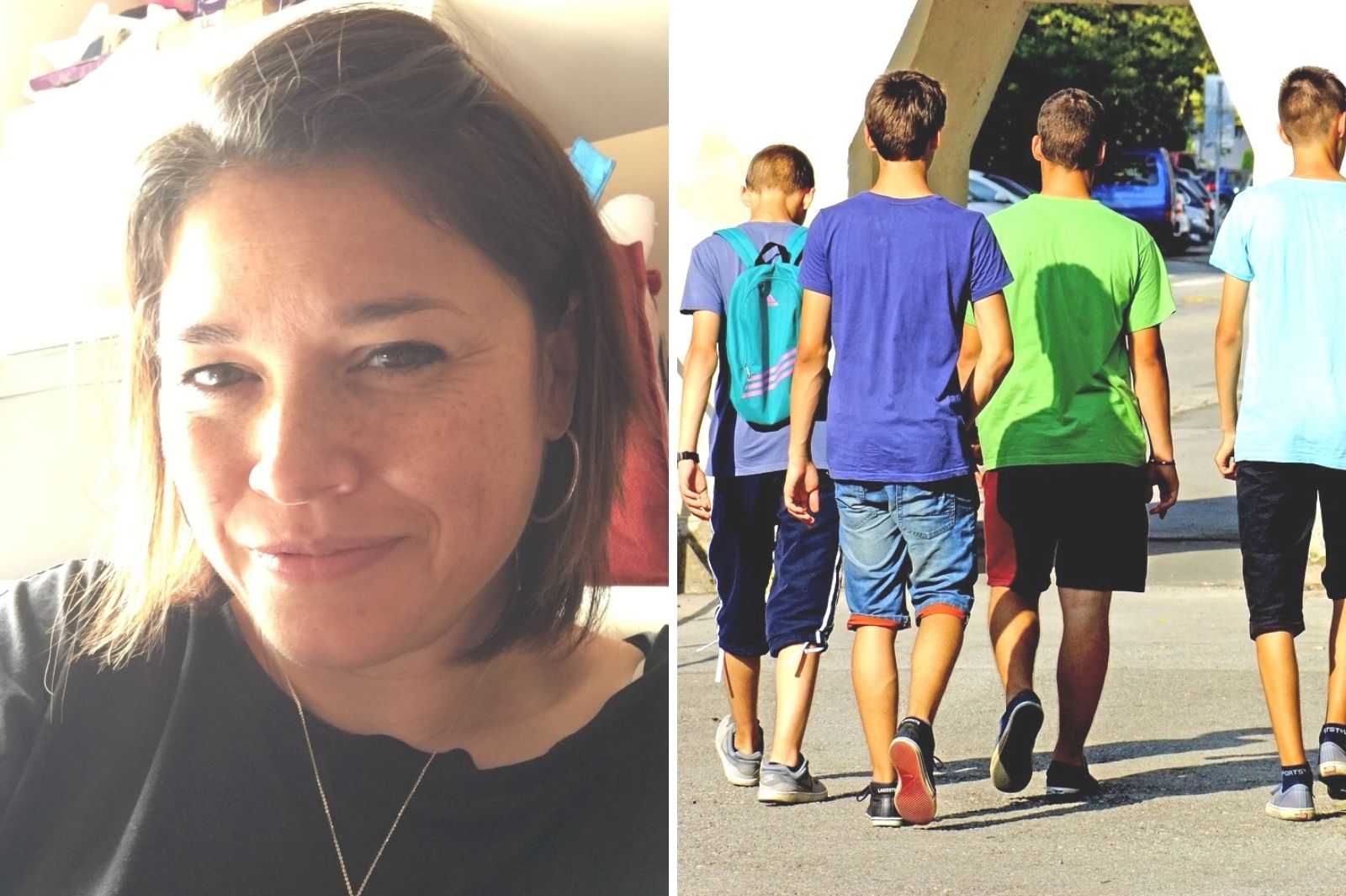Blog: The Youth of today. How Social Care at UON is poised to help
Date 24.02.2021
24.02.2021
Last week on BBC local radio, two members of the UON Social Care team shared their passion for the profession and how it can help toward shaping a better world for all.
They continue the conversation about the state of play for Social Care. Senior Lecturer Jodie Low talks here about services for young people, how the pandemic has impacted on this and suggestions for the future.
“Across the country youth and community work has, sadly, followed a downward trajectory, following years of financial cuts to services in these areas. On top of this, young people have had to deal with the knock-on effects of coronavirus. This won’t come as news to many people – after all, everyone has suffered to some degree during the past year – but I ask you to think just for a minute or two about how you have dealt with us.
“Most of us have developed through the usual traumas of our teenage years – our ‘growing pains’ – and have come through all of that to emerge as the adults we are today.
“We have met with our mates and forged friendships that have either worked or not, explored our emotions with them and with other relationships, studied for exams during face-to-face teaching at school and started the process of preparing for and entering the workplace. In all, we have had our first try at independence.
“We have come through all of these unique, exciting and sometimes sad experiences as the mature (so we hope!) people we are today. Now, imagine trying to navigate all of this during lockdown, legally restricted from meeting your friends, stuck at home for long hours and having to rely almost exclusively on the internet and other virtual platforms for company and society.
“Young people – as we know from our own personal experiences – undergo a rapid amount of physical, emotional and psychological development in a short space of time. We accept that toddlers have temper tantrums as part of their psychological development, so we should see the behaviour of young people in the same light. Young people have really suffered during the pandemic; socialising for young people is core to their brain development. Social distancing has the opposite effect.
“I’ve worked in youth services for some years, with young people who really suffer even during what we still call ‘normal’ times. Working with them now and hearing their stories, it really breaks my heart. They’ve missed out on key life events that could have a massive impact on the hear and now as well as come back to them in their futures.
“Collectively, I believe we need to name that and talk about it. We should see it the same way we see loss and bereavement; for young people they need trusted adults brave enough to start the conversation and be the safe space to talk. It’s amazing how much young people take in that we are not aware of, so this needs to be tackled head on. But even though parents and teachers have a key role to play here, sometimes it takes another professional approach, such as those of us in youth and community services.
“One programme in this area we are running at the University of Northampton and are really excited about is our Youth and Community Leadership course (MA), which is an equivalent level to that of a social worker or teacher. It runs over 12 months and by the end students will be adept at meeting the contemporary challenges of youth and community leadership, such as those related to the pandemic but also many, many others.
“Given the already accumulating ‘tsunami’ of problems young people in particular are facing, demand for professionals in our area will only increase. At UON, we are already prepared to meet this need.”
Find out more about the degree in Youth and Community Leadership (MA) at the University of Northampton.